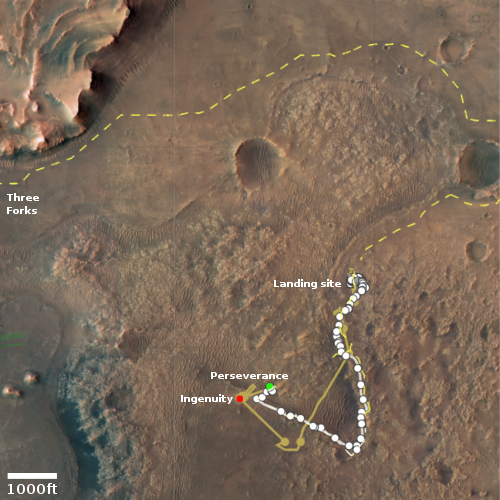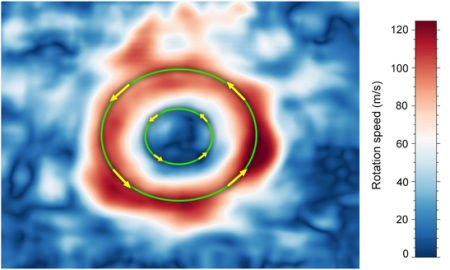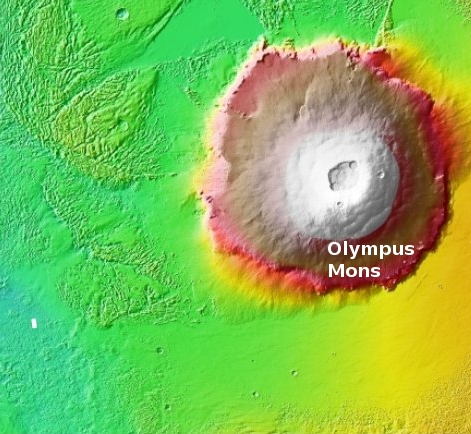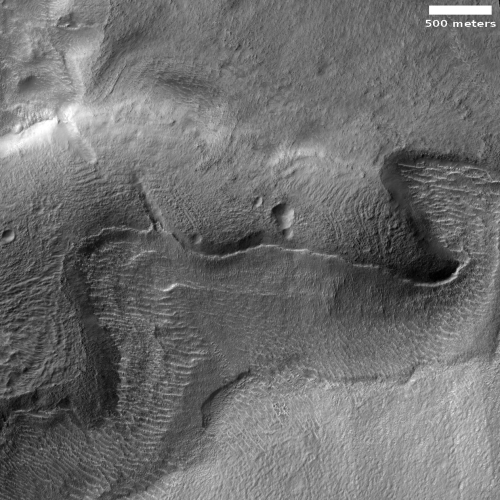Government shutdown threatens Lucy asteroid mission
Government marches on! The possibility that the federal government could shut down because of the inability of Congress and the Biden administration to pass a funding bill or raise the debt limit now threatens the launch of the Lucy mission to the asteroid belt.
If no budget agreement is reached the government will shut down on October 1st. If the debt limit isn’t raised that shutdown could follow soon thereafter, even if a budget is passed.
The launch window for the mission is from October 16 to November 7, 2021. If the spacecraft does not launch in that window the science team says it will likely require a major rethinking of the entire project, as it will be difficult to find another opportunity to visit the same set of asteroids.
Right now the chances of a shutdown are very high, as the Democrats are pushing big spending bills without any negotiations with the Republicans. In answer, the Republican caucus has said that none of its members will support raising the debt limit. Without the latter any passed spending bill will soon be moot, as the debt limit will soon be reached, blocking further government spending.
Though I personally would be very saddened if Lucy was prevented from launching, that loss would be well compensated for by having the federal government out of business. The evil and corruption promoted by it far outweighs the good work done by several minor space missions.
Government marches on! The possibility that the federal government could shut down because of the inability of Congress and the Biden administration to pass a funding bill or raise the debt limit now threatens the launch of the Lucy mission to the asteroid belt.
If no budget agreement is reached the government will shut down on October 1st. If the debt limit isn’t raised that shutdown could follow soon thereafter, even if a budget is passed.
The launch window for the mission is from October 16 to November 7, 2021. If the spacecraft does not launch in that window the science team says it will likely require a major rethinking of the entire project, as it will be difficult to find another opportunity to visit the same set of asteroids.
Right now the chances of a shutdown are very high, as the Democrats are pushing big spending bills without any negotiations with the Republicans. In answer, the Republican caucus has said that none of its members will support raising the debt limit. Without the latter any passed spending bill will soon be moot, as the debt limit will soon be reached, blocking further government spending.
Though I personally would be very saddened if Lucy was prevented from launching, that loss would be well compensated for by having the federal government out of business. The evil and corruption promoted by it far outweighs the good work done by several minor space missions.











